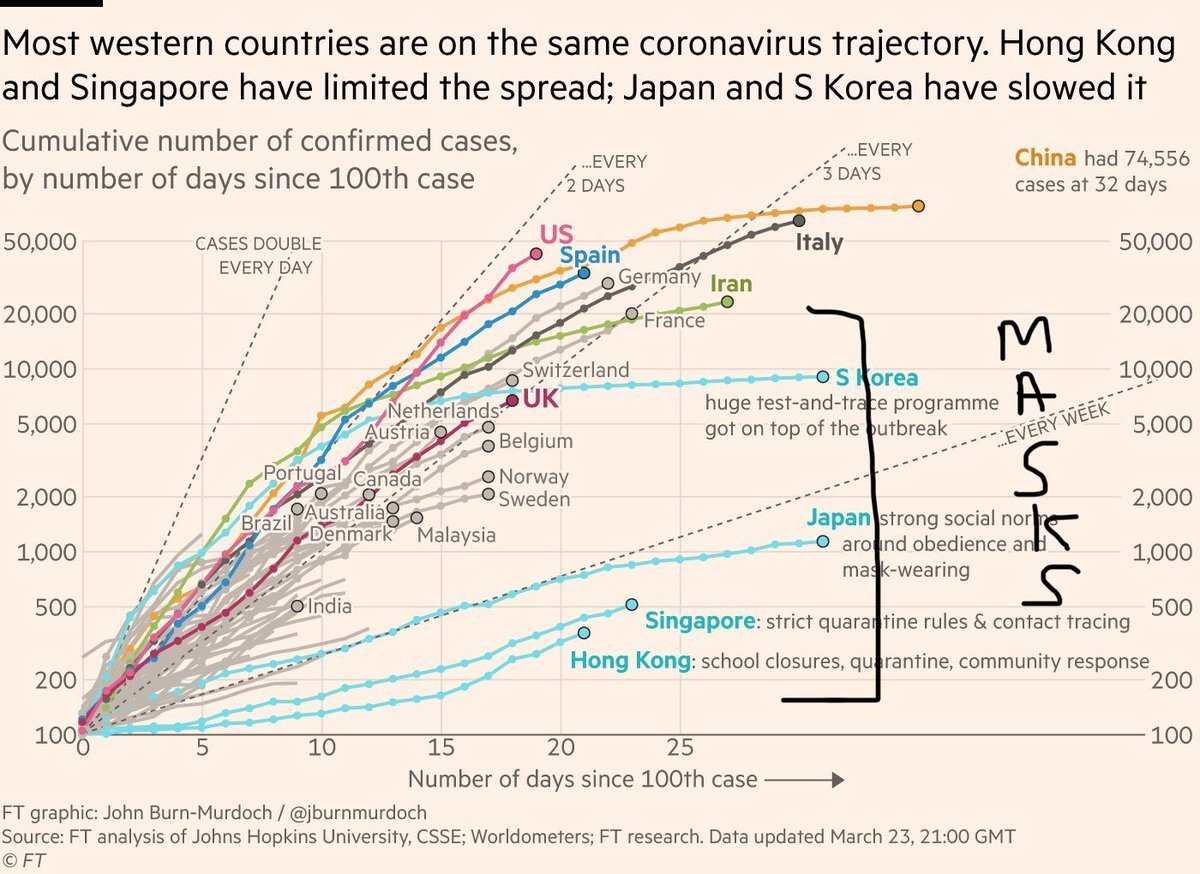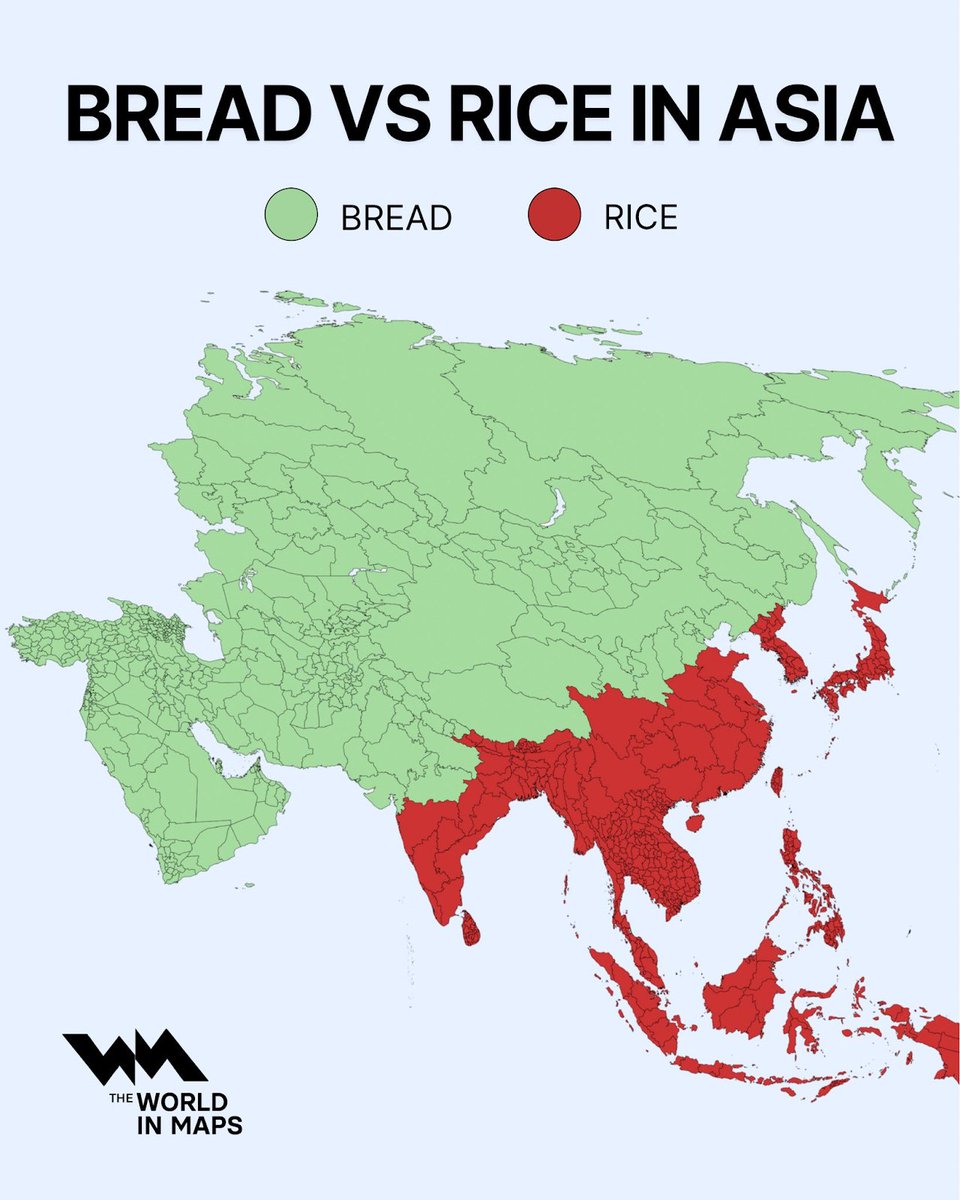I'm frequently hearing a couple of common mental pitfalls when discussing mandatory masks. The arguments against them are usually "They are not proven" or "Wearing them might make people careless in other areas, making it worse." Here are the pbms with these arguments [1/
First, decisions have to be made based on available information. The right decision is not the one that brings you to the right outcome, but rather the one that is the most likely to be right based on what you know [2/
Eg, should you bet $1M on the red at the roulette, or put it on the stock market? The answer is always the stock market, because the expected return on the roulette is <0% & the stock market is >0%. You might win at the roulette, but that doesn't make it an intelligent bet. [3/
Similarly, Sweden might end up winning the health-economics balance with herd immunity, but the available information today doesn't point at that, rather the opposite. Being lucky is different from being right. [4/
In the case of masks, "They are not proven" is not a good argument, because it assumes you always need a lot of confidence when making any decision. Not at all. The confidence on a decision depends on the confidence on the cost and the benefit [5/
Whether it's for policy, business, or any decision you're assessing, you're never sure what the cost and benefit will be. You're making a guess on both. You have a certain confidence for each. So how can you decide? [6/
You need to adjust the cost and benefit based on confidence. For example, if you're very confident that a decision will give you huge benefits, but you're not sure about the costs, you should be wary. Costs can end up outweighing benefits [7/
If both costs and benefits are high, you want to make sure you understand both very well. That's why in mergers and acquisitions, where billions might be at stake, companies run due diligences to make sure they understand both [8/
Another scenario: an initiative has strong potential benefits with medium confidence, but you're highly confident that costs are low. What would you do? You should always do that, because you can win big at a very low cost [9/
This is what's happening with masks: we're not 100% sure they are perfect, but all the information we have says we're reasonably confident that they work. Conversely, we're pretty confident the cost is nothing: everybody can make home-made masks w/ old t-shirts. [10/
So even if the benefit was low, we're so confident that the cost is extremely low that we should make home-made masks mandatory. Compare that ROI to a $2 trillion package [11/
You could say: "Unless they actually increase the transmission rate because people become careless", which brings me to the 2nd pitfall: speculation on 2nd order effects when there are proxies [12/
It's good to think about ramifications of decisions: yes, masks can be poorly made, poorly worn, and make ppl feel confident enough to stop social distancing properly and ending up increasing the transmission rate. [13/
I'm sure that has happened many times. The question is: what effect is stronger, the primary (masks stopping contagions) or the secondary (changing behaviors to make them detrimental) [14/
One of the best way to figure out the interactions of complex systems is empirically: Let's look at the real world and see what happens. If this 2nd order effect was true, countries with masks should be doing poorly compared to countries without them. [15/
Obviously, as you are guessing—or probably know—this is not true, as has been shown several times [16/ 

[This doesn't include TW, VN or HK, but all are great examples too. In SG the recent outbreak is among foreigners who wore fewer masks on average, and JP had a controlled epidemic for the longest time despite a lack of official measures] [17/
So if you have to make a decision on a very low cost initiative where both the science & real world experience agree that it has a positive impact, making them mandatory is such a no-brainer that all reluctant govs are either uninformed or analytically challenged [18/18]
• • •
Missing some Tweet in this thread? You can try to
force a refresh













